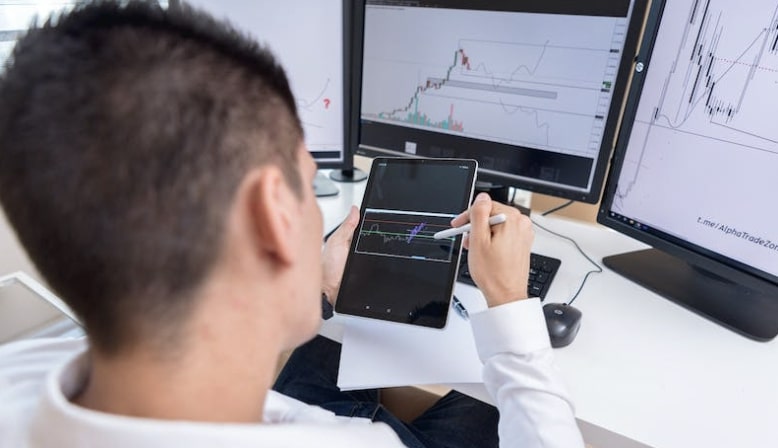TOKYO, May 17 (News On Japan) - In the era of AI, SoftBank aims to be a leading company in various aspects. Yoshimitsu Goto, CFO of SoftBank Group, expressed their intention to further strengthen their position in the AI field during the earnings announcement on May 13.

Despite recording a net loss for the third consecutive year from April last year to March this year, the company achieved a significant improvement in the latest quarter, turning a profit. The improvement was partly due to the strong performance of ARM, a core part of SoftBank Group's AI shift. Goto emphasized the importance of ARM's chip design capabilities in keeping up with the rapidly evolving AI technology and services.
SoftBank Group continues to invest heavily in cutting-edge technology, focusing on companies that utilize AI. CEO Masayoshi Son highlighted the potential of AI, predicting that within ten years, AGI (Artificial General Intelligence) would be at least ten times smarter than humans, and within the following decade, it could be 10,000 times smarter. Son stressed the urgency of actively utilizing rapidly advancing AI.
However, Japan is lagging behind in AI utilization. According to a survey released by SoftBank on May 8, only 32% of Japanese knowledge workers use AI in their jobs, compared to 91% in China and 71% in the United States. Amid this context, OpenAI announced the release of their new model, GPT-4, on May 13, which significantly improves processing speed and enables near-human reaction speed and natural conversations.
Son is deeply concerned about Japan's slow adoption of AI, urging the country to "wake up" and actively embrace AI technology. He likened the situation to choosing between being a human or a goldfish, indicating the vast intelligence gap that could emerge if Japan fails to keep up.
Entrepreneur Kohei Morinaga observed that SoftBank is making strategic moves in AI and semiconductor sectors, aiming to establish a strong position akin to selling shovels during the Gold Rush. The company holds over 90% of ARM's shares, a UK-based semiconductor design firm that is expanding robustly. Morinaga noted that AI development relies heavily on semiconductors, and SoftBank's focus on this sector is a wise move.
Chai, a tech entrepreneur, commented on the global AI competition, particularly noting Nvidia's dominance in the GPU market. He predicted that the trend towards miniaturization of AI, such as AI-enabled smartphones, would continue, with ARM playing a significant role. Chai also emphasized the importance of infrastructure development, such as data centers, in supporting AI growth.
Despite Japan's historically strong position in semiconductors, it has faced challenges from countries like South Korea and Taiwan. Morinaga highlighted the need for Japan to catch up and avoid repeating past mistakes. He stressed the importance of AI in driving future economic growth and the necessity for Japanese companies to integrate AI technology to remain competitive.
SoftBank's ambitious AI strategy aims to stay ahead of global trends, with plans extending beyond semiconductor development to include data centers and fusion energy. Morinaga concluded that Japan's future success in AI depends on proactive investment and innovation, guided by visionary leaders like Son.
The discussion underscores the critical need for Japan to increase AI adoption and leverage its potential to drive economic growth and innovation. As Son puts it, Japan must "wake up" and embrace the AI era to avoid being left behind.
Source: ABEMAニュース















